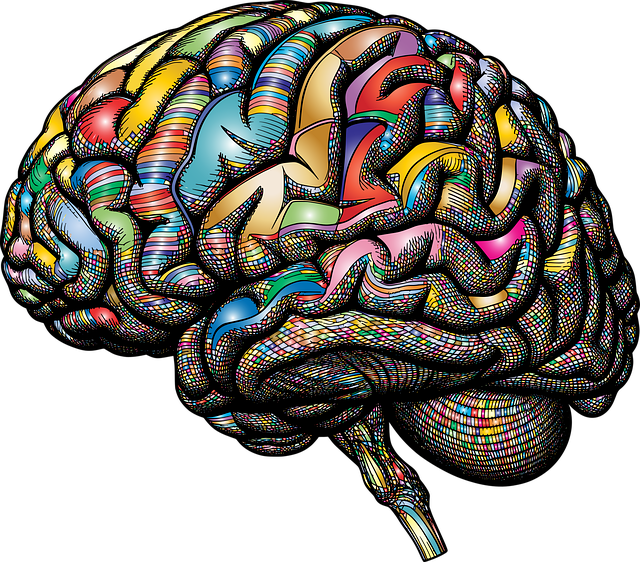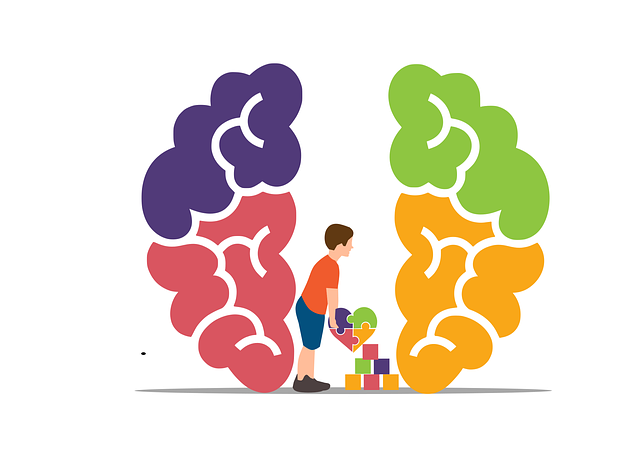Mental health advocacy, led by initiatives like Boulder Bariatric Evaluations Therapy, is crucial in addressing overlooked struggles, dispelling stigma, and promoting understanding. From community outreach to policy changes, these efforts raise awareness, foster resilience, and empower people to seek help without judgment. Boulder Bariatric Evaluations offer personalized assessments linking obesity, eating disorders, and psychiatric conditions, guiding targeted therapy and public campaigns. Effective advocacy integrates evidence-based therapy, policy analysis, and risk management for professionals, creating a supportive environment prioritizing emotional well-being and enhancing access to quality mental healthcare.
Mental health advocacy initiatives are transforming lives, breaking down stigma, and promoting well-being. This article explores crucial aspects of mental health support, focusing on the impactful role of organizations like Boulder Bariatric Evaluations and the transformative power of therapy. We delve into effective practices that drive successful mental health advocacy, emphasizing the interconnectedness of physical and psychological well-being. Discover how these initiatives are revolutionizing care, offering hope and healing to those in need.
- Unveiling Mental Health Advocacy: Why It Matters and Who's Doing It
- The Role of Boulder Bariatric Evaluations in Mental Health Support
- Therapy as a Catalyst: Effective Practices for Mental Health Advocacy Initiatives
Unveiling Mental Health Advocacy: Why It Matters and Who's Doing It

Mental health advocacy initiatives are crucial in shedding light on the often-overlooked struggles individuals face daily. These efforts aim to dispel stigma and promote understanding, ensuring everyone receives proper care and support for their mental well-being. Advocacy can take many forms, from community outreach programs to policy changes at local, state, or national levels. One notable example is the increasing focus on Boulder bariatric evaluations and therapy, which has proven effective in addressing both physical and emotional healing processes.
Many organizations and passionate individuals are at the forefront of this movement. They conduct mental health policy analysis and advocacy, pushing for evidence-based practices and increased access to quality care. By raising awareness about various mental health conditions, these advocates foster resilience building within communities, empowering people to seek help without fear of judgment. Such initiatives are instrumental in shaping a more supportive environment where emotional healing can thrive.
The Role of Boulder Bariatric Evaluations in Mental Health Support

Boulder Bariatric Evaluations play a pivotal role in enhancing mental health support by providing comprehensive assessments tailored to individuals’ unique needs. These evaluations go beyond physical health, delving into the intricate relationship between bodily well-being and mental resilience. Through expert analysis, they identify potential links between obesity, eating disorders, and psychiatric conditions, such as anxiety and depression. This holistic approach ensures that therapy isn’t just about weight loss but empowering individuals to cultivate emotional intelligence and coping mechanisms for lasting mental wellness.
Moreover, the insights gained from Boulder Bariatric Evaluations inform the development of targeted public awareness campaigns. By shedding light on the often-overlooked connection between body health and mental stability, these initiatives foster a culture that prioritizes both. This dual focus on physical and psychological well-being is crucial in reducing stigma, promoting early intervention, and ultimately providing better support for those seeking anxiety relief and improved emotional intelligence.
Therapy as a Catalyst: Effective Practices for Mental Health Advocacy Initiatives

Mental health advocacy initiatives are powerful catalysts for change, aiming to destigmatize conversations around emotional regulation and mental wellness. At the forefront of this movement is therapy, which serves as a transformative tool for individuals navigating their mental health journeys. Through evidence-based practices, Boulder Bariatric Evaluations Therapy offers a safe space for clients to explore complex emotions, gain valuable insights, and develop coping mechanisms tailored to their unique needs.
Effective advocacy goes beyond individual therapy sessions. It involves integrating mental health policy analysis and advocacy into the fabric of society. Risk management planning for mental health professionals is also crucial, ensuring practitioners have the tools to support themselves while providing quality care. By combining comprehensive therapy with strategic advocacy, communities can foster an environment that prioritizes emotional well-being, ultimately improving access to quality mental healthcare for all.
Mental health advocacy initiatives, driven by strategies like those involving Boulder Bariatric Evaluations and therapy, are pivotal in fostering holistic care. By shining light on mental health issues and promoting understanding, these initiatives ensure that individuals receive the comprehensive support they need. Integrating evidence-based practices, as highlighted through effective therapy models, empowers communities to navigate their mental health journeys with resilience and hope.










